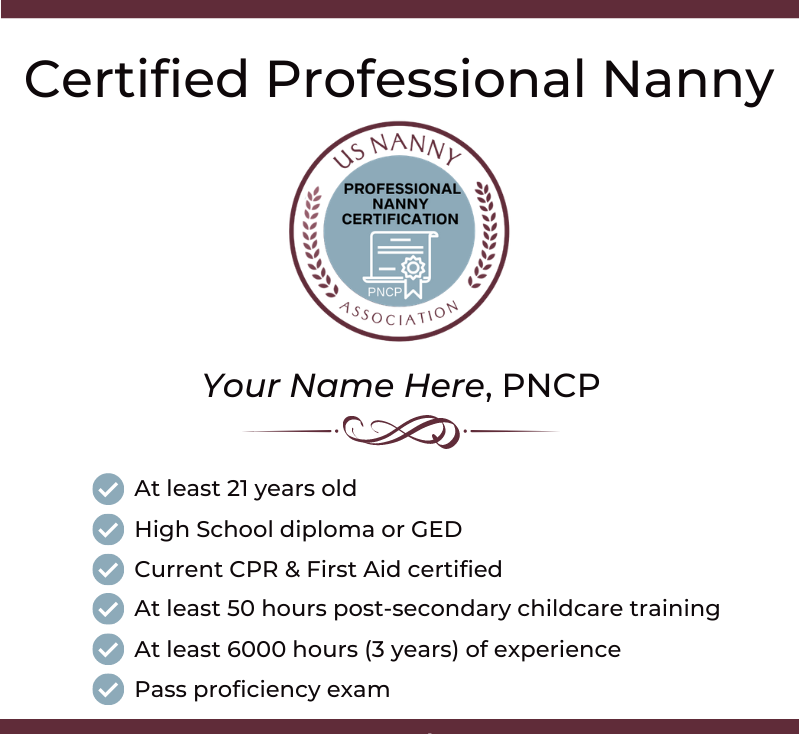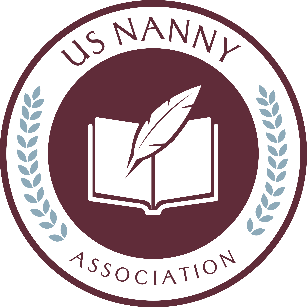Nanny Hacks for Heading Back to School
by Dr. Linda Karges-Bone
It may be sultry and hot, but as August comes upon us the new school year demands attention. It is time to prepare with sturdy backpacks, jaunty lunch boxes, and fresh perspectives. Kids’ hearts and minds need preparation for the new school year, so that they are ready and revved up for learning. Here are 7 Nanny Hacks to help your kiddos pivot and prepare for the new school year. I’ll use the word PREPARE as a mental guide. Here we go nannies.
PREPARE
Prepare with a review of last year’s material. Spend about 20 minutes each morning with worksheets, questions, and flash cards that recharge the brain on major content that will be used in the new grade. For example, 3rd graders should be prepped with multiplication tables because division and fractions will hit hard at 4th grade. “Sight words”, also called “elephant words” or “puzzle words” or “high frequency words” are a good choice for grades 1-3. These are words like the, there, what, who and so on that are used frequently and should be recognized on sight, not by sounding out.
READ
Read a new book each week during August that introduces the concepts of “back to school” with positivity and humor. Some of you may recall that I’ve spent the past 30 years or so teaching “Children’s Literature” to future teachers and I embrace bibliotherapy, or the use of stories for counseling and therapeutic support. In this case, themes surrounding “attachment” will be critical. Attachment is a deep psychological and emotional connection between humans. Attachment helps children to feel safe and confident. A sudden or undesirable loss of attachment can potentially harm development. That is why important times of change like entering a new school year or going to nursery school for the first time demand our attention. Giving children the right words to express complex feelings is helpful and wise. Here are a few of my favorite choices.
- Butterflies on the First Day of School by Annie Silvestro and Dream Chen
- The Crayons Go Back to School by Drew Daywalt and Oliver Jeffers
- The Day You Begin by Jaqueline Woodson and Rafael Lopez
- The Kissing Hand by Audrey Penn and Ruth Harper
- My First Day of Preschool by Louise Martin and Joanne Partis
- Woolbur by Leslie Helakoski and Lee Harper
Embrace
Embrace a new schedule for waking and sleeping at least two weeks before school starts. Discuss the new schedule and create fresh routines to establish the schedule without conflict. One of these critical transitions is a movement away from lights and devices a full hour before bedtime. The brain may have become too connected to devices, even television and favorite shows during the more relaxed summer months. That same brain needs to adjust to a time of quiet as it enters the evening sleep cycle. In addition, practicing helpful habits such as setting out clothing the night before and packing a backpack for the next day will help children to feel organized and confident when the first day of school arrives.
Post
Post the new calendar for extracurricular activities and review it for 3 things: potential time conflicts, activity overload, and kids’ interest. Here are some questions to consider as you and parents review this together.
1) Is the child engaged and involved at a level that makes this activity valuable? Is piano still necessary if he or she came back from dance camp with a new passion?
2) Does the practice schedule leave room for family meals, travel, and relaxation?
3) Is there adequate “white space” just to be a child? Don’t neglect the “white space”, a time just to think, create, and explore, especially outdoors.
Ask
Ask the teacher how your family can help set up the new classroom and involve the children as it is appropriate. Some ideas:
1) Choosing a few items from the teacher’s Amazon or Target wish list.
2) Bringing in extra tissues, crayons, hand sanitizer.
3) Baking the new teacher a pan of treats or filling a basket with healthy snacks like nuts and dried fruit in small packets.
I also recommend treating the new teacher like a familiar even before classes begin. Here’s what I mean. Use her name in conversation. “I bet Ms Friendly loves books as much as we do.” Or introduce something that he or she might have shared in a newsletter or on the website. “Did you know that Mr. Goodman likes dogs too and has rescued one from the shelter?”
RELAX
Relax with yoga, breathing, and meditation games and exercise to help children learn to focus and relax when they feel stressed. Here are a few links to take you away to the Zen zone.
For many families, religious and spiritual practices are an important and valued part of life and there may be opportunities to join the faith community as “back to school” rituals unfold. For example, the “blessing of the backpacks” takes place in many churches and can help children to feel protected and uplifted.
EXPRESS
Express change as a positive. Like the literature choices that we explored earlier, many of these feelings are connected to “attachment”. But there should also be a focus on confidence and kindness. Create a bulletin board with positive expressions and use them in organic ways. Give children the vocabulary they need to express complex emotions and the skills to self-soothe when they feel anxiety creeping in. Here are some good ones.
- “Yesterday is history. Tomorrow is a mystery. Today is a gift. That’s why we call it ‘The Present.’”– Eleanor Roosevelt
- “Reading is to the mind what exercise is to the body”– Joseph Addison
- “Let us remember: One book, one pen, one child, and one teacher can change the world.”– Malala Yousafzai
- “You miss 100% of the shots you don’t take.”– Wayne Gretzky
- “If you see someone without a smile, give them one of yours.”– Dolly Parton
- “Be kind whenever possible. It is always possible.”– Dalai Lama
Back to school is an influential and purposeful season for families and one in which nannies can help to shape positive outcomes. Take this time to PREPARE the children and to prepare your own disposition and attitude so that the first days are good ones.
Dr. Linda Karges-Bone is retired professor of Teacher Education at Charleston Southern University and an author, media personality, and creative. Find out more at www.educationinsite.com
The US Nanny Association provide the highest certification requirements in our industry. You can learn more about get certified as a Nanny, Newborn and Infant Specialist or Professional Nanny.

We want to thank all the nannies, advocates and business leaders who provide practical tips and insight to elevate our industry. Thank you for sharing your expertise.
The US Nanny Association issues the highest certification requirements in our industry as they require training, work experience, passing an industry exam, a background check and current CPR and First Aid:
- Certified Nanny
- Certified Newborn and Infant Professional
- Certified Professional Nanny
